INITIATIVE | Hablemos de semiótica y trabajo | Let's talk about semiotics and work [ENG-ESP]
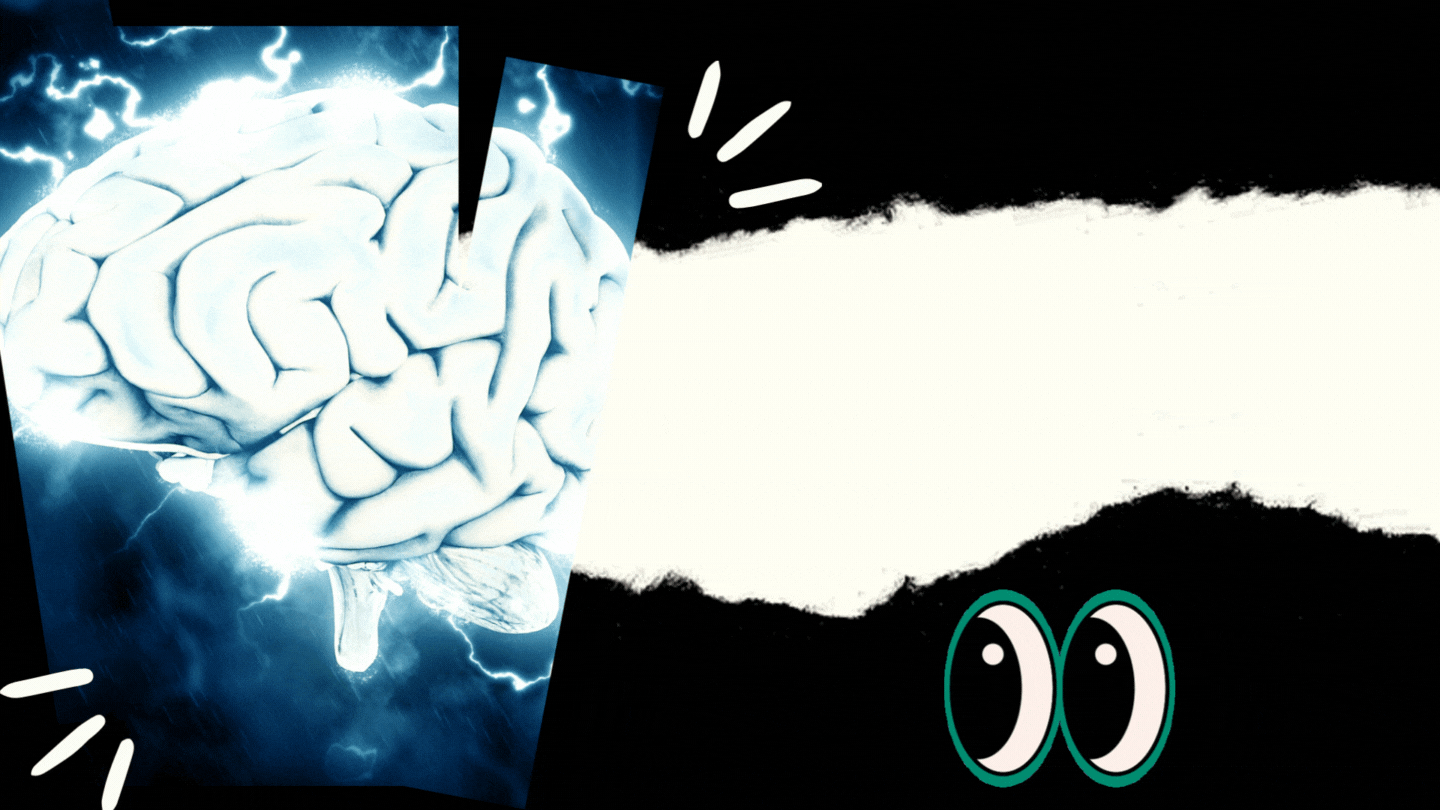
Hola amigos de #humanitas, para mí es un gusto estar con ustedes. Siempre he tenido ganas de publicar acá, pero por X o Y razón siempre se me olvida o pasa la semana de la iniciativa. Hoy que me senté a escribir mis ideas, me di cuenta de que la iniciativa llevaba 6 días publicada, y yo juraba que había sido anteayer que había leído de ella. Sí, el tiempo se me escurre. Lo cierto es que estoy acá, cumpliendo, je, je, je @acont me invitó también a participar así que haré el mejor esfuerzo.

LA SEMIÓTICA EN MI VIDA:
Desde que conocí la semiótica le agarré mucho cariño. Porque la simbología que le damos a ciertas cosas cobra un sentido semántico en el mundo. Así que para mí nada es casual. Tengo un amigo que hizo su tesis sobre los tatuajes y su sentido semiótico en la sociedad. Me hubiese encantado llevarlo a un nivel así. Sin embargo, de todos los libros que dejé en Venezuela, solo escogí uno para que migrara conmigo. Y habla precisamente de temas semióticos, y su importancia o presencia en la humanidad desde el Mito hasta la filosofía partiendo desde la Estética, quizás luego les pueda hablar de él. Lo cierto es que me gusta la semiótica, je, je, je.
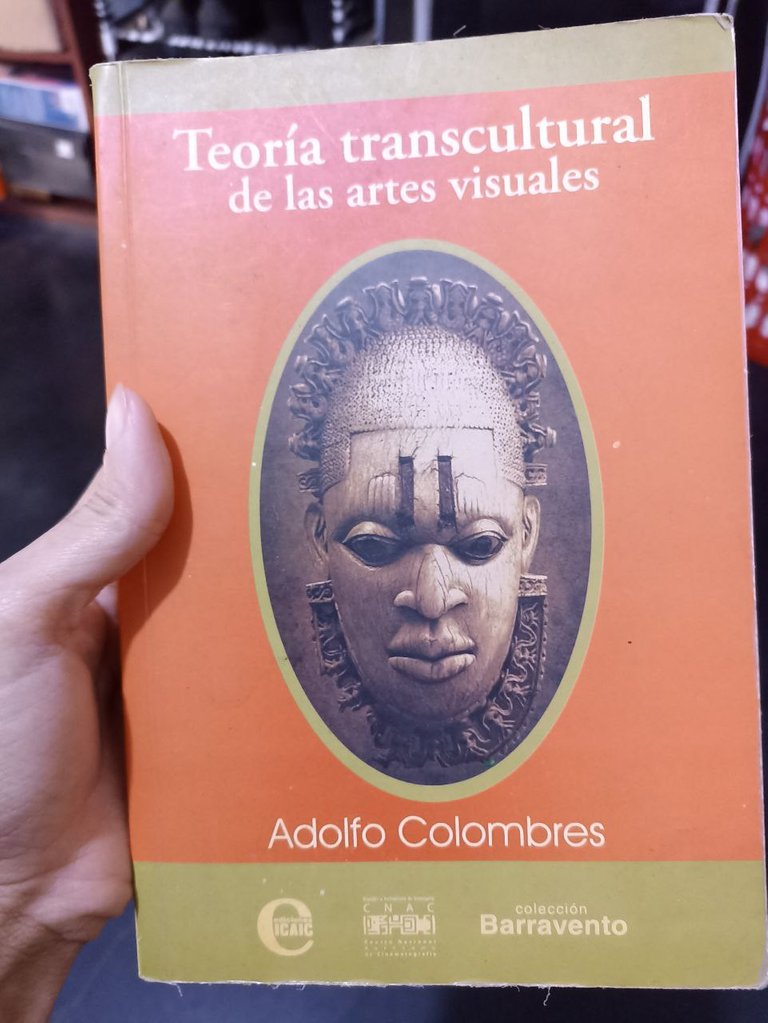
¿CÓMO VEO EL TRABAJO?
-Federico Engels-
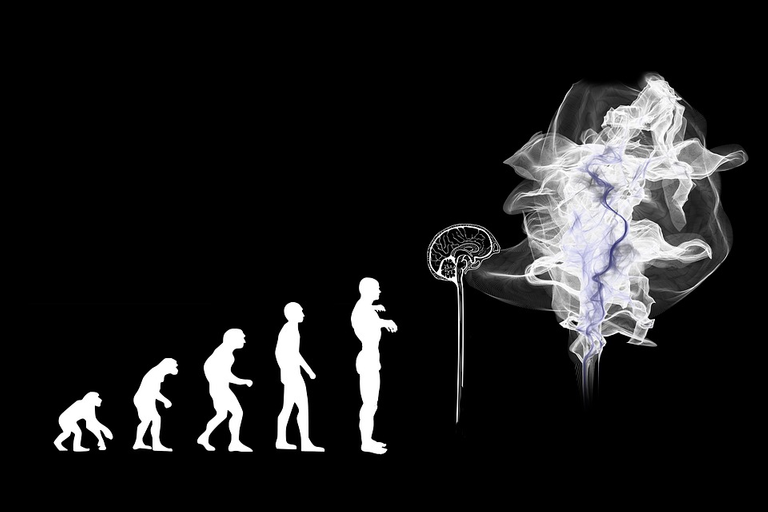
La evolución del hombre fue gracias al trabajo y el trabajo evolucionó su cerebro | Fuente de Imagen
Trabajé durante años leyendo noticias y escribiéndolas. ¿Cómo el impacto de las palabras, la información podría afectarme tanto? De hecho tenía amigos que decían "tu trabajo no es tan fuerte". Y es que estamos acostumbrados a medir la "fuerza" de un trabajo con el aspecto físico: Trabajar de pie, corriendo, limpiando, cargando peso y demás. En estos últimos ejemplos la condición física será la diferencia. Sin embargo, un trabajo sedentario impacta en el cerebro, y en todo tu cuerpo. Uno no puede estar aislado de lo otro. Aunque no veamos a un físico corriendo ni cargando peso, su trabajo es pesado. Pese a que la variable del peso será debatible siempre.
Hay una frase que estuve reflexionando mucho el año pasado: "Eres lo que piensas", tu realidad por ende, será lo que está en el subconsciente también. Y de esa forma concibo el trabajo. Algo mental antes que manual.
La imagen que esogí me gustó porque sí siento que representa lo que quiero decir. Sobretodo lo último de "eres lo que piensas" porque en esa figura abstracta podemos visualizar la imagen de un hombre o sus pensamientos. ¿Tu qué opinas, rebuscado?
OTRA IMAGEN DEL TRABAJO:
Otra acepción visual de trabajo tendría que ver con "esfuerzo" y se preguntarán porqué la imagen de un pan. La imagen que tenía en mente no la encontré. Pero está ligada también al versículo citado. Puedo aclarar que hay muchas traducciones de este versículo bíblico, pero el resultado es casi el mismo, si trabajas tendrás pan.
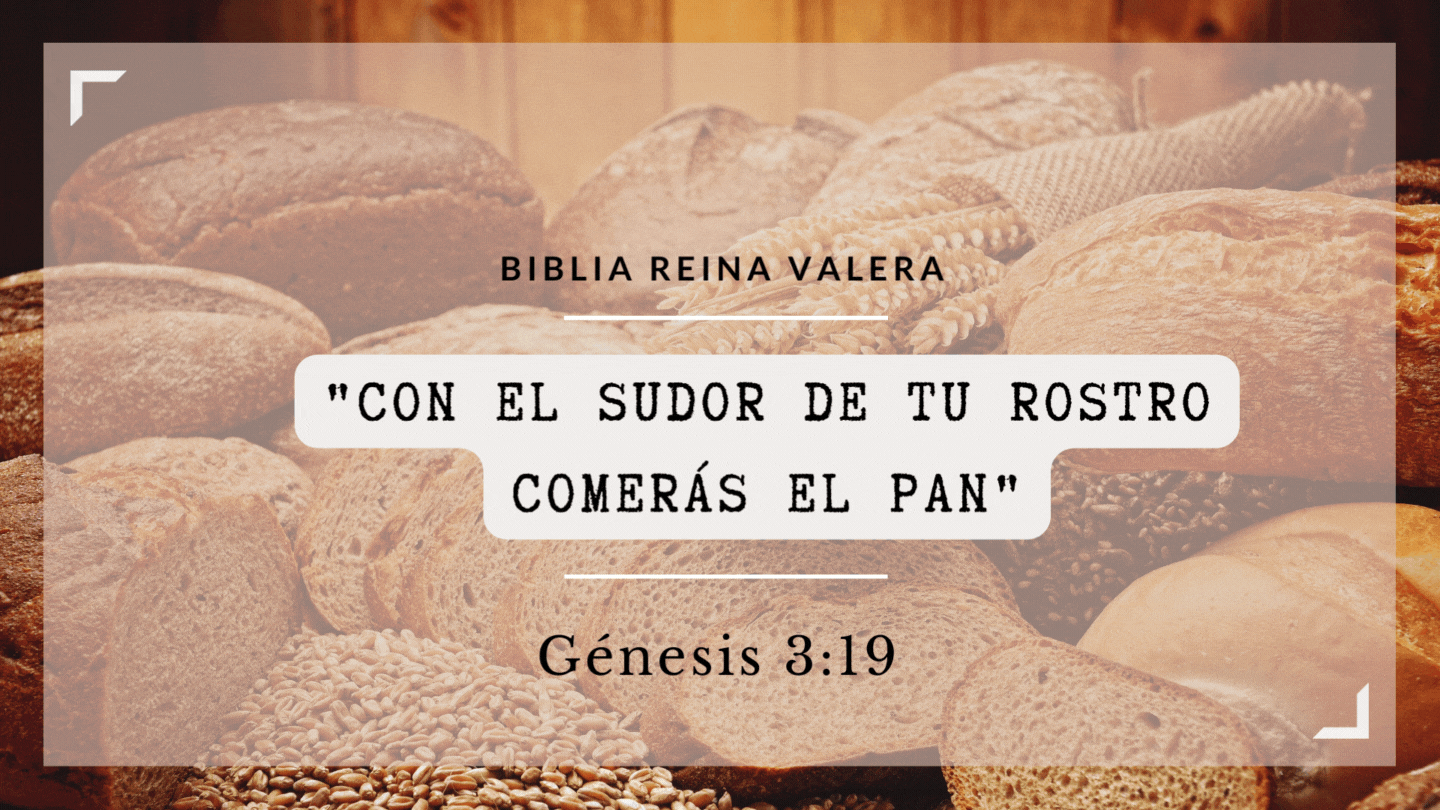
Hecho en Canva.com
Sin embargo, el pan al igual que el hombre - a mi parecer- ha perdido parte de su esencia de ser esforzado. Es lo que se busca con la tecnología: disminuir el esfuerzo del hombre en sus quehaceres. Por eso soy fiel creyente de que cuando el humano logre suplir todas las necesidades que impliquen aunque sea el mínimo esfuerzo como caminar, bañarse, comer, entre otros, a través de la tecnología, dejará de ser humano. Estamos de acuerdo que el sabor del pan de fábrica nunca será igual al que es hecho por las manos del hombre.
Y si nos vamos más allá el ejemplo del pan tiene una simbología poética desde tiempo remoto, que se ha quedado con nosotros con la frase más sencilla del mundo. "¡A levantarse, que hay que poner el pan sobre la mesa!". Frase cargada de un mensaje importante. Porque a pesar de todo el cambio, la evolución o transformación del mundo, nos sigue quedando esta enseñanza sencilla. En la que el trabajo nos dejará pan sobre la mesa. Y el pan será la recompensa del esfuerzo. ¿No es un ejemplo delicioso?
Esto ha sido todo amigos, me divertí mucho pensando en el simbolo que utilizaría para este ensayo, je, je, je. Espero que les haya gustado, me gustaría leerlos en los comentarios. Y me gustaría invitar a @bertrayo y @maryed. ¿Se animan? Anímate a explicarnos el simbolo del trabajo según tu percepción. Este es el link de la iniciativa: Human Culture Initiative week 12: Semiotics in everyday life [ENG-ESP] Hello friends of #humanitas, it's a pleasure to be with you. I've always wanted to post here, but for X or Y reason I always forget or the week of the initiative passes. Today when I sat down to write my ideas, I realized that the initiative had been published for 6 days, and I swore that it had been the day before yesterday that I had read about it. Yes, time is slipping away from me. The truth is that I'm here, fulfilling, heh, heh, heh, heh @acont also invited me to participate so I'll do my best. I worked for years reading news and writing them, how could the impact of words, information affect me so much? In fact I had friends who said "your work is not so strong". And the fact is that we are used to measure the "strength" of a job with the physical aspect: working standing, running, cleaning, carrying weight and so on. In these last examples, physical condition will make a difference. However, a sedentary job impacts the brain, and your whole body. One cannot be isolated from the other. Even if we don't see a physicist running or carrying weight, their work is heavy. Although the weight variable will always be debatable. There is a phrase that I have been reflecting on a lot in the past year: "You are what you think", your reality will therefore be what is in your subconscious as well. And that's the way I conceive work. Something mental rather than manual. Another visual meaning of work would have to do with "effort" and you may wonder why the image of a loaf of bread. The image I had in mind I did not find it. But it is also linked to the verse quoted. I can clarify that there are many translations of this biblical verse, but the result is almost the same, if you work you will have bread. However, bread, like man - in my opinion - has lost part of its essence of being hard-working. This is what technology seeks to diminish man's effort in his chores. That is why I am a faithful believer that when humans manage to supply all the needs that imply even the minimum effort, such as walking, bathing, eating, among others, through technology, they will cease to be human. We agree that the taste of factory-made bread will never be the same as that made by human hands. And if we go further, the example of bread has a poetic symbolism since ancient times, which has stayed with us with the simplest phrase in the world. "Let's get up, let's put bread on the table!". A phrase loaded with an important message. Because despite all the change, evolution or transformation of the world, we still have this simple teaching. In which work will leave bread on the table. And the bread will be the reward for the effort. Isn't it a delicious example? That's all folks, I had a lot of fun thinking about the symbolism I would use for this essay, heh, heh, heh, heh. I hope you liked it, I'd love to read it in the comments. And I would like to invite @bertrayo and @maryed, are you up for it? Come on and tell us the symbol of work according to your perception. This is the link of the initiative: Human Culture Initiative week 12: Semiotics in everyday life [ENG-ESP]
Imagen encontrada en Pexels | Fuente

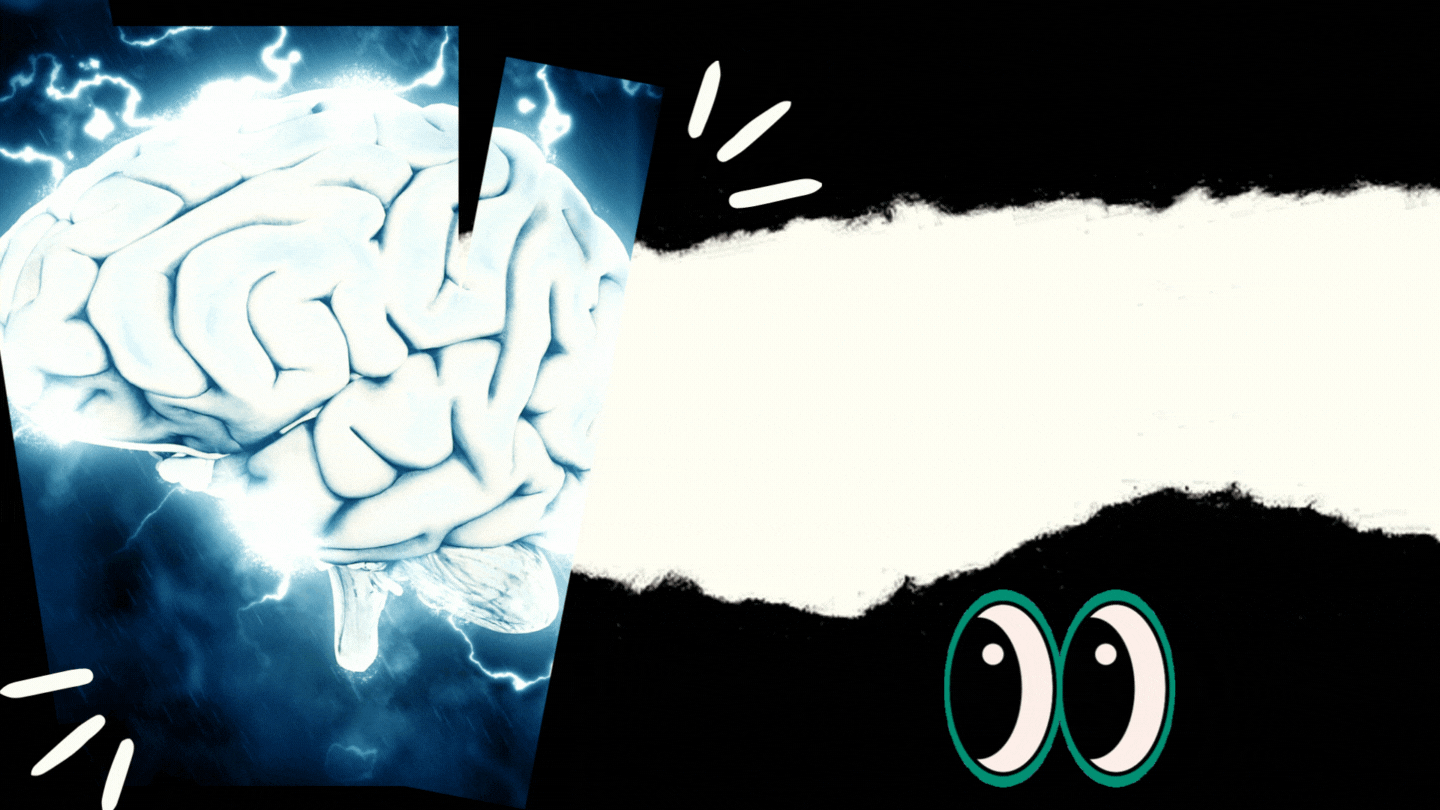
SEMIOTICS IN MY LIFE:

HOW DO I SEE THE JOB?
-Federico Engels-
Man evolved through work, and work evolved his brain. | Source of Image
The image I chose I liked because I do feel it represents what I want to say. Especially the last part of "you are what you think" because in that abstract figure we can visualize the image of a man or his thoughts. What do you think, you scribbler?
ANOTHER IMAGE OF WORK:

Image made Canva.com
Image found on Pexels | Source
Cover, gifs, separator:
Translated: 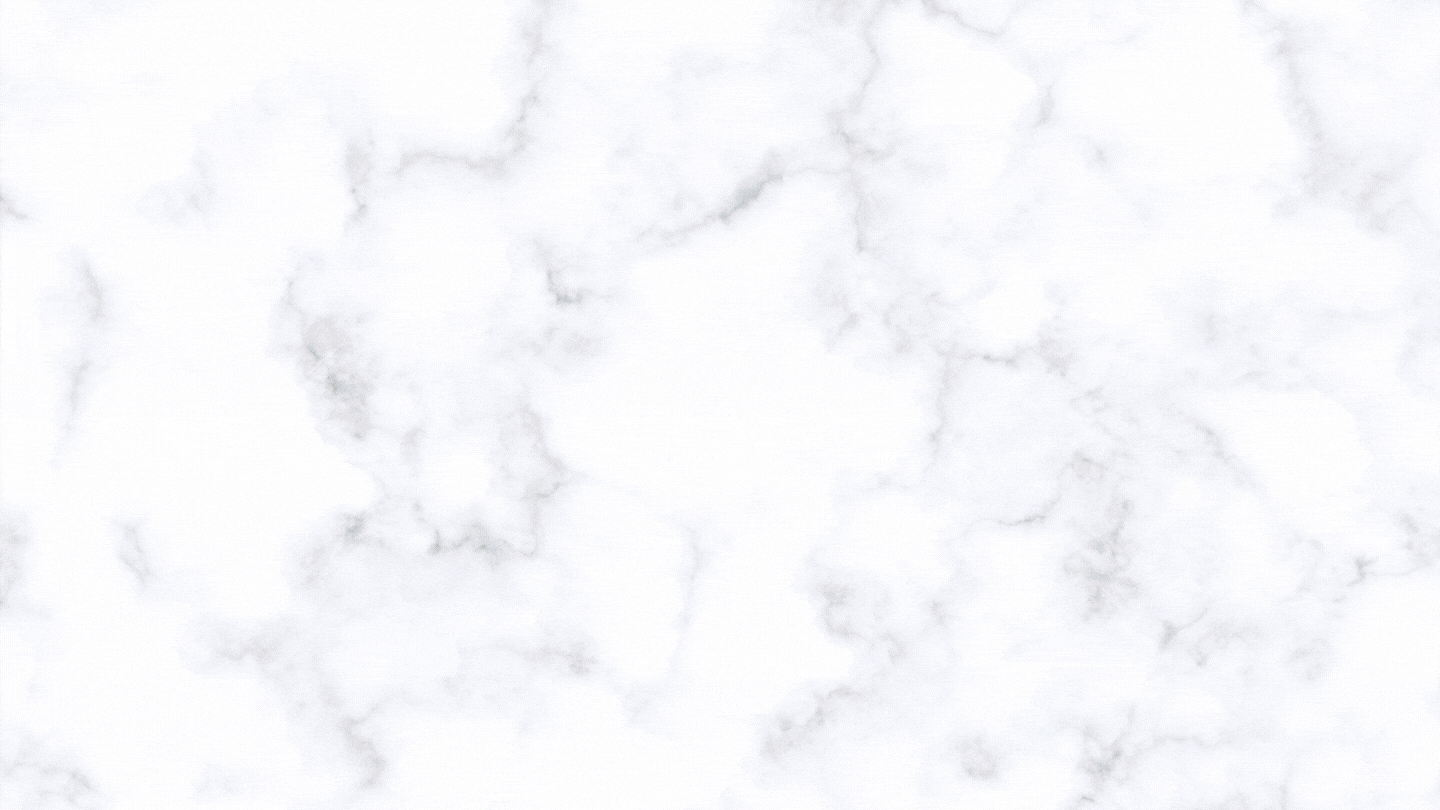.gif)
Mucha tela por cortar con temas como estos. Me gusta como se va hilando el discurso sobre el trabajo y los símbolos que van detrás de este desde su concepción como la forma en la que el hombre se vuelve hombre hasta algo tan básico como tener algo de comer. Creo que toda la vida es trabajo. Los animales hacen mucho trabajo físico y también intelectual. En mi caso, me gusta ver cómo las arañas se toman su tiempo para capturar una presa. Y si trabajo podría etiquetarse como algo mental por el hecho de ser una de esas pocas especies que tiende trampas para tener sustento.
Sobre las otras perspectivas. El exceso de todo es malo y creo que no hay trabajo fácil. Hasta mendigar cuesta algo. Con los excesos, llegan casos como los de tu padre y quizá sea paradójico, pero aquello que nos hace nos puede deshacer de la misma manera.
Me ha gustado tu reflexión. Aunque no creo que pueda dar con algo así en tan poco tiempo.
Gracias por el comentario, filósofo 😅 Sí, hay mucha tela que cortar pero por lo menos fue un buen ejercicio. Me dio curiosidad lo que mencionas de las arañas, no lo había visto desde ese punto.
La invitación queda en pie 🙆♀️
Me hiciste recordar los tiempos de Universidad cuando leí la teoría de Engels. El trabajo es fundamental, pero usando una expresión muy de moda en estos tiempos; ¿de qué hablamos cuando hablamos de trabajo...? Creo que acá lo importante es la intención, la voluntad de querer hacer algo específico, un edificio, un poema, una herramienta... Pienso que eso nos separa del resto de las especies, que también hacen muchas actividades que pudieran considerarse trabajo. Nos dejas un denso y excelente escrito.Felicitaciones. Gracias por compartir estimada @audiarmisg. Que estés bien. Un fuerte abrazo desde Maracay.
Holaaa, disculpe la demora. Lo que ha dicho me ha hecho reflexionar, muy cierto no es solo la habilidad de trabajar sino la intención intrínseca porque siempre que trabajamos hay una intención detrás.
No te preocupes, yo respondo cuando el internet y la electricidad me lo permiten. Sí, creo que el uso de la voluntad es lo que nos va diferenciando del resto de las especies. Feliz tarde.
Saludos, bienvenida a esta comunidad,me encantó la relación que has hecho entre el trabajo y la mente a la vez que con la evolución
Y así es el trabajo nos hace descubrir todas las potencialidades que tienen el ser humano y en este sentido nos damos cuenta que son casi que infinitas, quizá los avances tecnológicos son los que no lo hacen ver más claro.
!PIZZA
PIZZA Holders sent $PIZZA tips in this post's comments:
@jesusalejos(10/10) tipped @audiarmisg (x1)
Join us in Discord!
"Somos lo que pensamos", esa frase es bastante profunda. Quizás nuestro entorno es una representación de nosotros. El pan desde el punto de vista bíblico quizás se refiere a lo material o físico. "No solo de pan vive el hombre" es otro versículo.
Gracias por participar @audiarmisg y aportar valor a la comunidad #Humanitas ¡Saludos! disculpa por responder tarde.